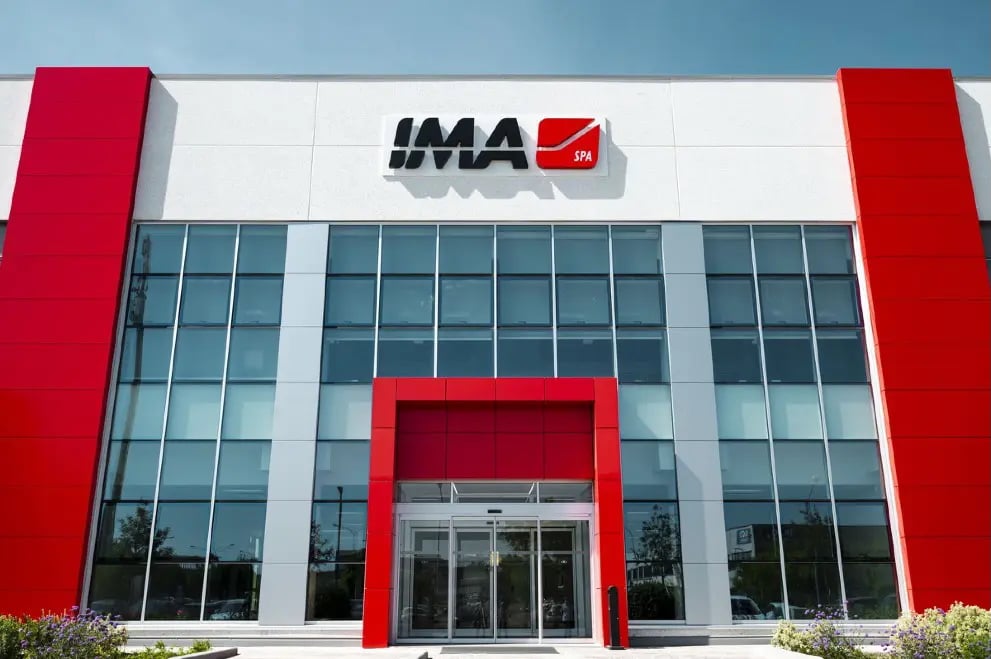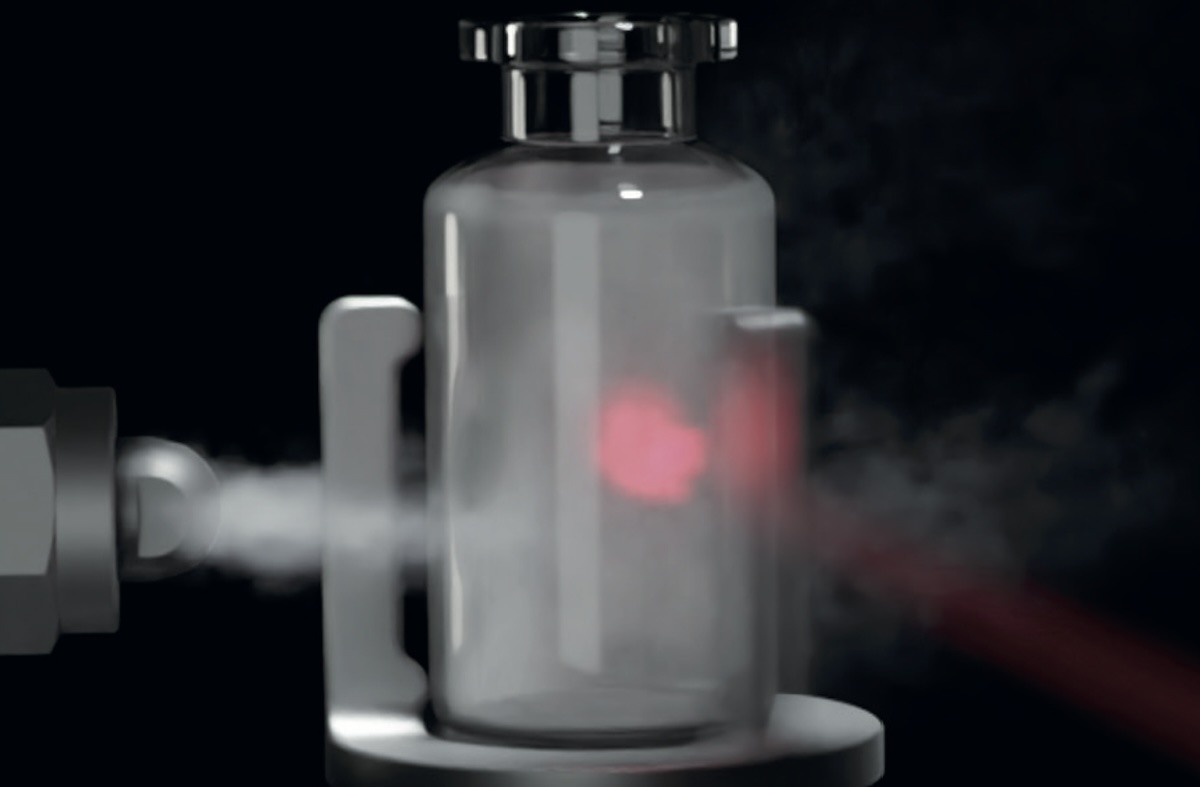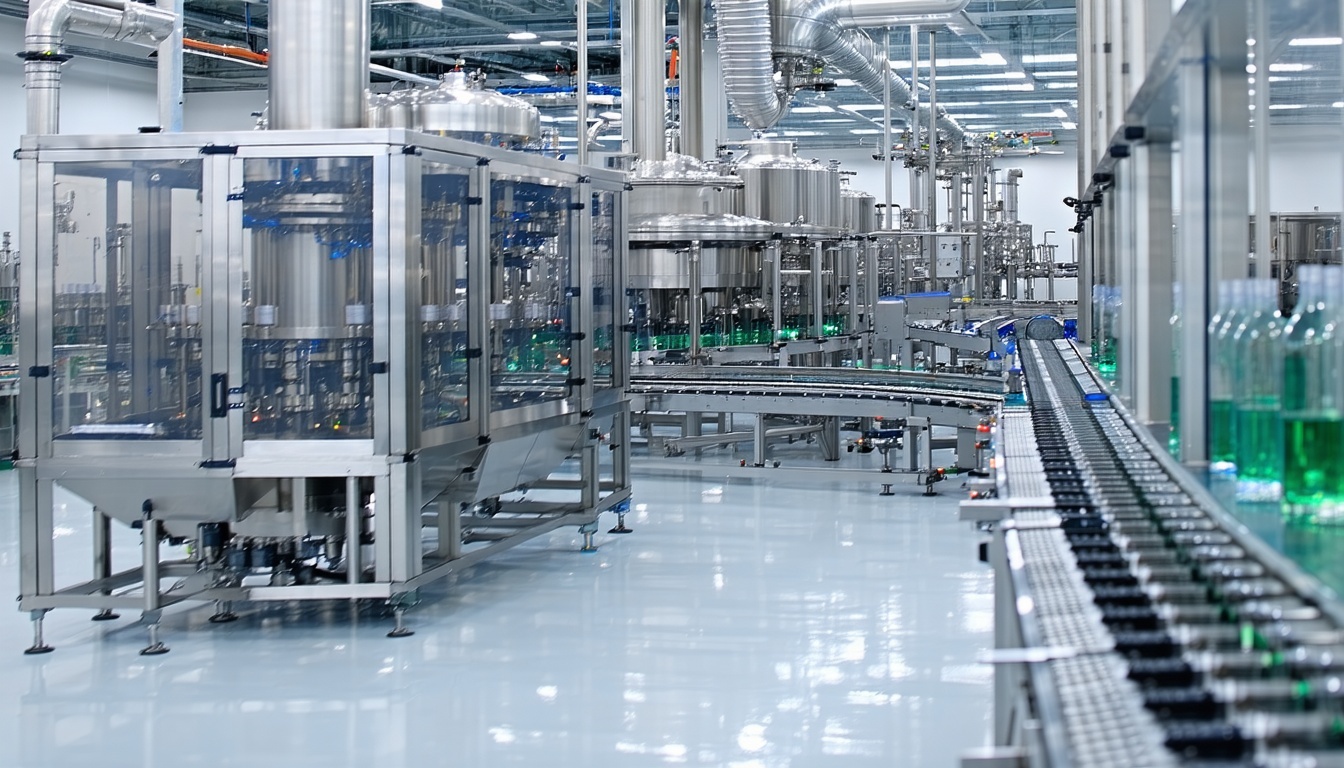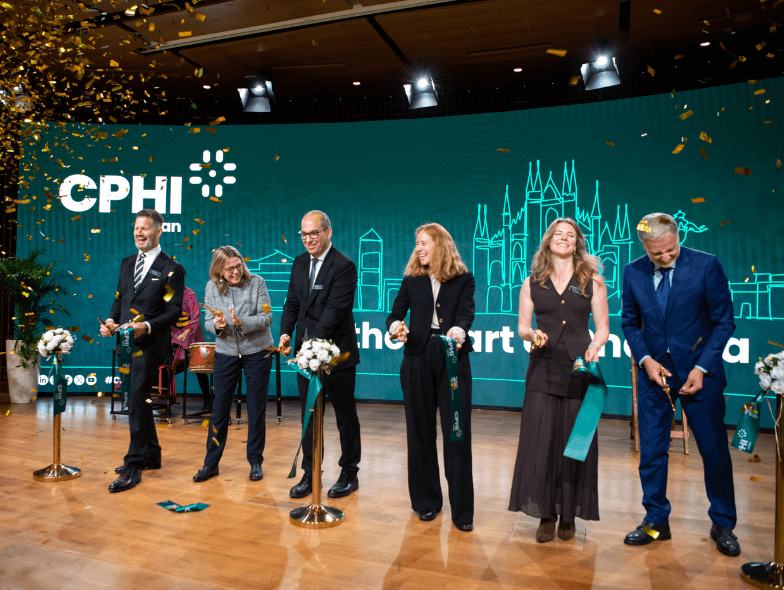The pharmaceutical industry is increasingly recognizing the need to speed up and improve the lyophilization process, specifically for mRNA LNP-based vaccines and in the event of any future pandemic preparedness requirements. Thus, Thomas De Beer, Laboratory of Pharmaceutical Process Analytical Technology, Ghent University, Belgium, helped pioneer a spin-freeze drying stabilization technique that could bring about an end to frozen mRNA vaccine storage – with the additional benefit of moving away from batch towards Continuous Lyophilization with a new technique: Spin-Freeze-Drying for continuous processing and manufacturing.
This breakthrough underscores a paradigm shift in lyophilization, moving from conventional, energy-intensive batch processes to innovative continuous production paradigms. Spin-freeze-drying not only enables rapid and uniform freezing—critical for the stability of sensitive materials such as mRNA lipid nanoparticles—but also integrates seamlessly with a continuous workflow. This advancement presents substantial benefits: it reduces freeze-drying cycle times, enhances product consistency, and minimizes cold chain dependency, all while supporting flexible, scalable manufacturing. As the pharmaceutical landscape evolves, such technological progress promises to set new benchmarks in efficiency, quality, and responsiveness for both pandemic preparedness and the streamlined manufacture of next-generation biologics.
Read the article in The Medicine Maker.
Latests news





-1.png)

-2.png)



